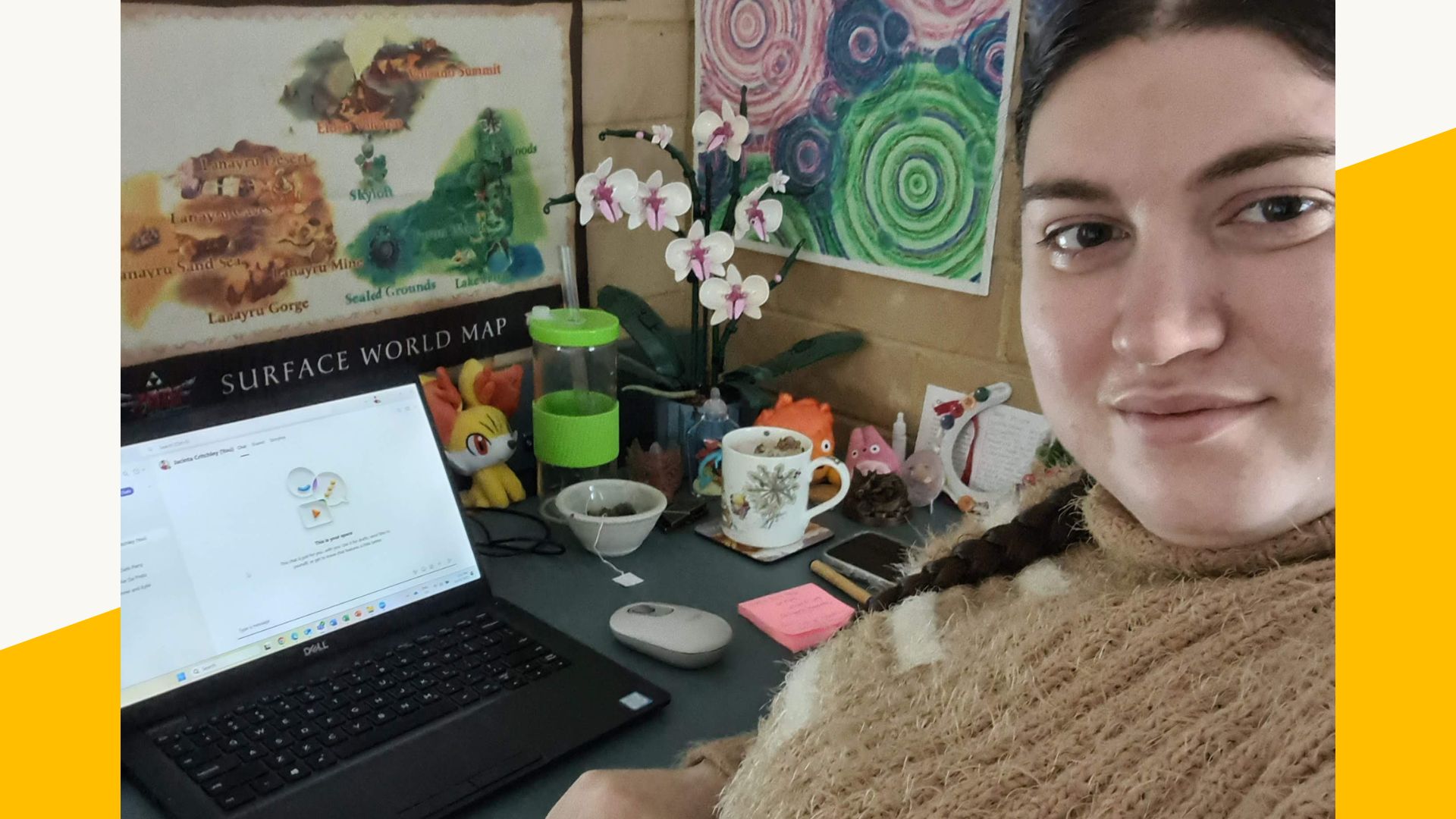New research from the Curtin Autism Research Group has revealed flexible working arrangements, including working from home, significantly benefit autistic employees, reducing anxiety, increasing productivity and improving overall well-being.
The study, conducted with autistic employees and supervisors across various industries, found many autistic workers thrive in flexible environments and examined how employers can provide the right resources to best support them.
Lead researcher Dr Elinda Lee, from Curtin University’s School of Allied Health and the Curtin enAble Institute, said a key finding was that working from home helps reduce sensory overload and social anxiety – common challenges in traditional office settings.
“Many autistic individuals struggle with the noise, lights and social interactions in the workplace and working from home allows them to control their environment and focus better,” Dr Lee said.
“However, our study also highlighted challenges, including social isolation and difficulties accessing managerial support remotely. A tendency to hyperfocus may also result in autistic employees working long hours, potentially affecting their work-life balance.
“Flexibility isn’t just about working from home – it’s about ensuring autistic employees have the right support structures and resources to succeed. We found that having clear job duties and goals, support from managers and colleagues, flexible work guidelines and education about autism were helpful for enhancing work engagement and maintaining mental well-being when working flexibly.”
As some companies push for a return to the office, Director of the Curtin Autism Research Group, Professor Sonya Girdler said flexibility benefits all employees, especially autistic workers.
“For autistic individuals, being able to make their own decisions and meet their needs is important,” Professor Girdler said.
“More organisations are recognising the strengths and talents of neurodivergent workers, and this research provides practical tools and insights to help managers tailor support for flexible work. It may also support autistic workers in making some adjustments at the personal level enabling them to work effectively and maximise their well-being.”
The study used the Job Demands and Resources (JD-R) model to identify key workplace factors affecting autistic employees and examined the lived experiences shared by autistic employees and supervisors. Researchers conducted one-on-one interviews with 14 autistic adults and four line managers and supervisors, across various industries including mining resources, finance, non-profit organisations and government departments.
Jacinta Critchley, a 29-year-old Inclusion and Diversity Officer from Perth, said having the flexibility to work from home one day a week made a significant difference to her well-being and productivity.
“I have autism and dysgraphia and having that one day at home is invaluable. It gives me the chance to recharge my social battery and manage my sensory needs in a safe and comfortable space,” Ms Critchley said.
“Bad days happen to all of us, but when neurodivergent people feel like they can’t get things done, it just puts them in a heightened state of stress. Sometimes you just need that one day where you don’t have to dress up, you can work in comfy clothes or shift your hours slightly to fit your routine.
“I think people underestimate the power of flexibility in easing the mind and helping you relax in a familiar setting. It’s not just beneficial for individuals – it’s important for the whole team.”
The research, funded by the Ian Potter Foundation, was conducted in collaboration with the University of Western Australia, Gdańsk University of Technology, Poland and Karolinska Institutet, Sweden.
The full paper titled, Autistic Employees Working Flexibly, was published in Autism in Adulthood and can be found online here: https://doi.org/10.1089/aut.2024.0130



